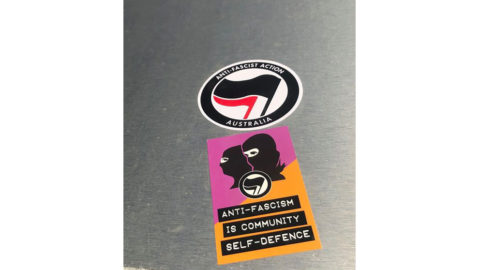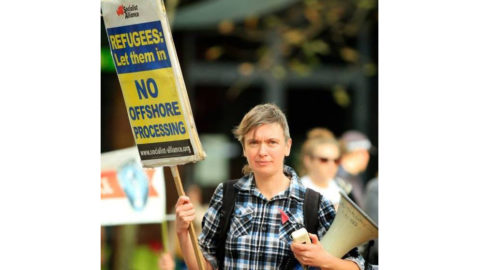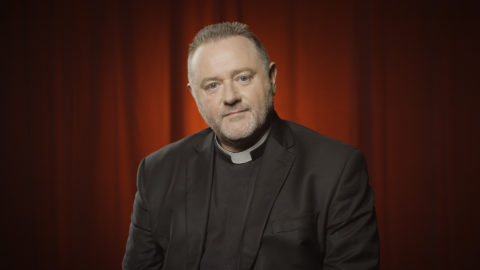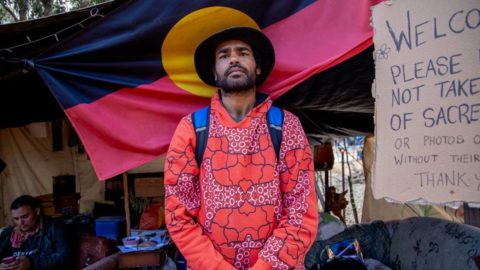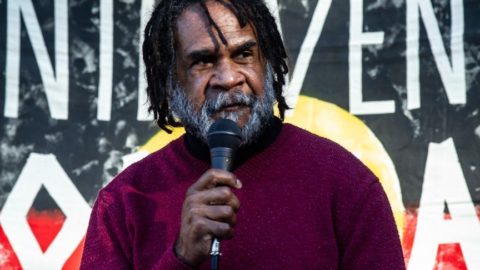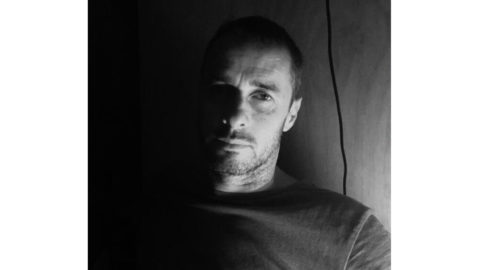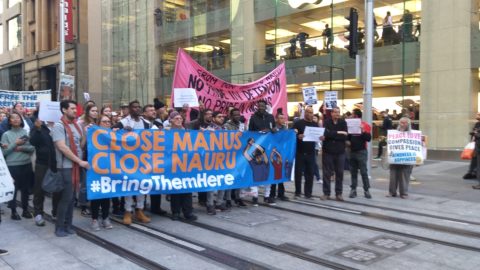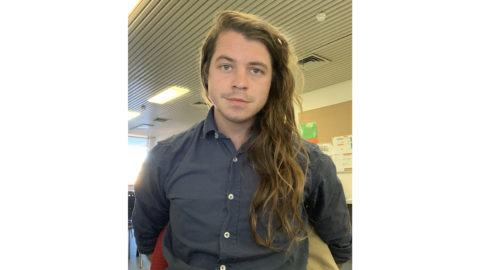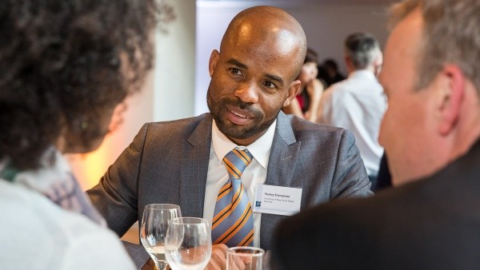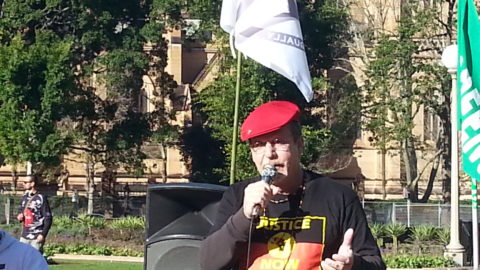Communities of Resistance: An Interview With an Antifascist Activist
The 2005 Cronulla Riots involved five thousand Anglo Australians converging upon North Cronulla Beach to “reclaim” the strip of sand. And the “Aussie pride” protesters began randomly attacking people of Middle Eastern appearance, who were supposedly trying to “take over”....
NSW Police Strip Search Activists to Intimidate: An Interview With Socialist Alliance’s Rachel Evans
These days, a commuter disembarking at Central Station during afternoon peak hour can face the prospect of being ordered by police to step behind a screen and remove their clothes, following a positive indication from a drug detection dog. NSW...
“People of Faith Aren’t Being Discriminated Against”: An Interview With Father Rod Bower
In December 2017, literally days after marriage equality was passed, then treasurer Scott Morrison announced that he’d be pushing for laws in 2018 that prevented discrimination against Christians and those of other religious faiths. “Where I think people are being...
Djab Wurrung “Stand Tall” in the Face of Neo-Colonisation
Victoria police turned up at the Djab Wurrung Heritage Protection Embassy on 8 August and issued the traditional owners camped there with a notice to vacate the sacred landscape in southwestern Victoria within 14 days. Major Road Projects Victoria and...
Saving the Rivers from Corporates: An Interview With Water Activist Bruce Shillingsworth
News of the environmental devastation taking place along the Barwon-Darling river system in north western NSW hit the city last summer, when reports of several mass fish kills near the town of Menindee made headlines. Part of the larger Murray-Darling...
Transformation Through Telling: An Interview Ngikalikarra Media’s Alexander Hayes
The Church of England Boys’ Society was an outreach program of the Anglican Church that involved adults running weekly meetings and weekend activities for young members of the faith. The organisation was at its height during the 1970s and 80s....
Encroachments Upon the Right to Protest: An Interview With RAC’s Dr Nicholas Riemer
There was a large turnout at Sydney’s Town Hall on 20 July to protest the fact that the Australian government has now detained asylum seekers and refugees on Manus and Nauru for six years. Indeed, Morrison and his cronies continue...
Calls to End Laws that Discriminate Against LGBTIQ Teachers
A few years back, high school teacher Craig Campbell received an email from the WA Teacher Registration Board stating that after having worked for two years as a relief teacher at a Baptist college located south of Perth, he’d been...
Government Is Likely Tracking Young Activists: An Interview With Dr Stanley Shanapinda
Alarm bells rang for digital rights advocates in August 2014, when at a joint press conference, then prime minister Tony Abbott and attorney general George Brandis announced that the government was introducing a metadata retention regime to counter the threat...
Truth-Telling Before Treaty-Making: An Interview With Ken Canning
In late May, fourteen Australian organisations came out in support of the constitutionally-enshrined Indigenous voice to parliament. This was the proposal contained within the Referendum Council’s May 2017 Statement from the Heart. Amongst the organisations that issued the response of...
